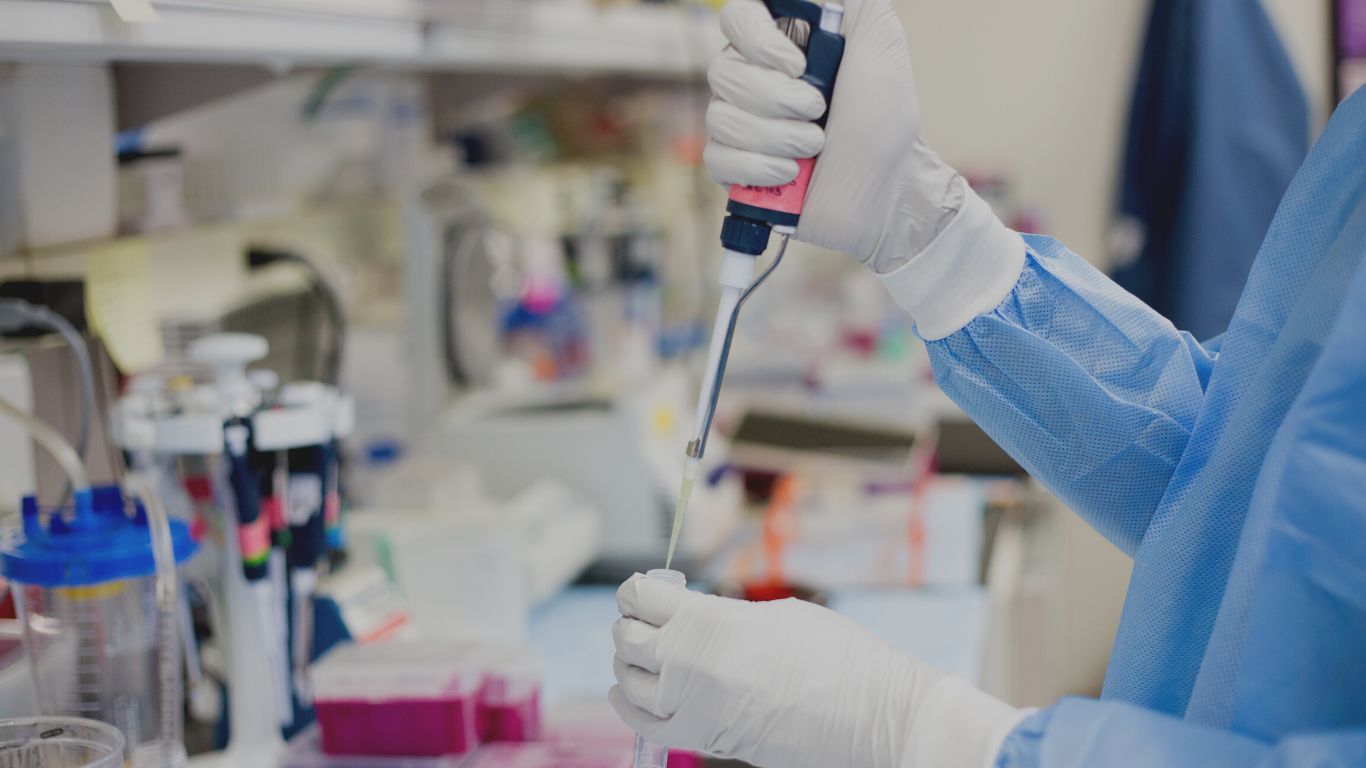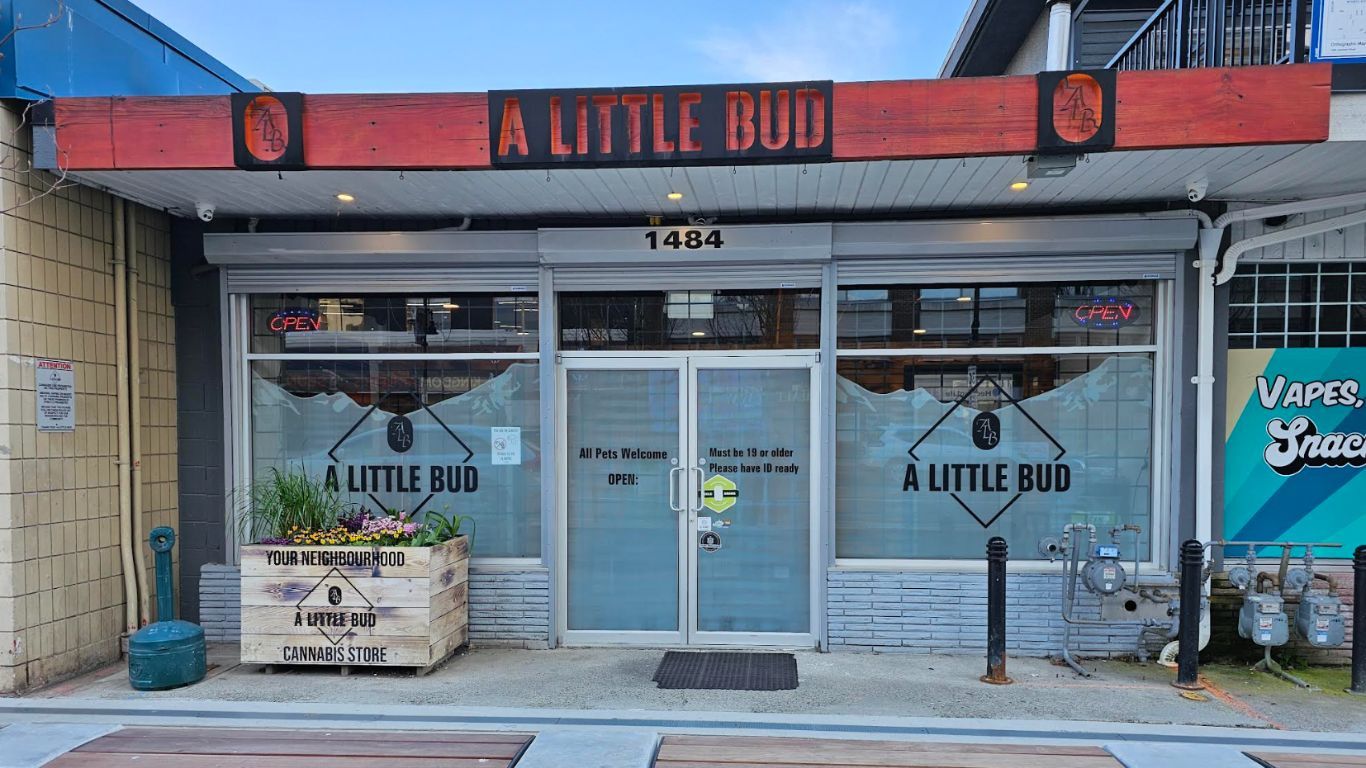
The cannabis industry has many vital players, yet people are often unaware of how growers, processors, and labs work together to build strong brands. As the market matures, partnerships remain critical for brand development, with labs often playing a central role.
“At CannaLabs we help clients with full development services,” says Michael O’Reilly, CEO of CannaLabs in London, ON. “We can help cultivators not only by testing their products for Health Canada compliance, but we can also work with these customers during the growing phase to test potency and pesticides.”
A company like CannaLabs can take a customer through proof of concept, to pre-formulation and optimizing current formulations for higher bioavailability – all the way to longer shelf life, if desired. The company will also help with developing and validating analytical test methods based on a variety of guidelines, from International Council for Harmonisation (ICH), to the Federal Drug Administration (FDA), and European Union regulations.
This speaks to the size and diversity of the market; and for a lab to thrive, it has to keep track of where its customers are going.
“We’re very excited to be working with a number of customers who are developing new products from edibles to topicals, and even a company looking at topical for animals,” says O’Reilly. “Over the last 12 months I’ve had discussions with breweries, large and small, in Canada and the USA.”
This is a quickly-changing market, and cultivators have little patience with labs that can’t keep up. At least one micro-cultivator has been left in the lurch by a lab, and has decided that the best move will be to work directly with a processor, and to let them assume the responsibility for testing.
“We chose a lab based on geography,” says Katy Connelly, co-owner of Sea Dog Farm in Saanichton, BC. “That was a bad choice, and a large waste of money. With Covid-19 we wanted to support a local business, as they were only ten minutes away, but they were unable – or unwilling – to give us the services we needed.”
The challenge faced by Connelly was that the lab was stuck in a fixed business model, and expected her to have the ability to evaluate test results.
“Our lab didn’t understand us as a micro,” she says. “We were their first micro, and they assumed all the rules were the same, that we would have someone on staff to read those lab reports. I thought: ‘This is crazy, I have no time for this.’”
There are labs across Canada producing reports that cultivators can read. However, for micros this step may not be necessary, given that it’s ultimately the processor’s responsibility to test for Health Canada, not the grower. For many micros, then, the challenge is to develop a strong, trusting relationship with a processor.
“Right now, I have no relationship with a lab at all,” says Connelly. “I’ve found a processor that won’t test it until it comes out the other end. I don’t want to go and find a new relationship with a new buyer for every crop.”
But that isn’t always possible – even for a micro. Many processors won’t commit to taking an entire crop, as one might focus on oil, another on flower. And though in-house testing has appeal, that might be an onerous and unnecessary expense for a smaller company given that, at the end of the day, the processor still has to test.
Which is to say: the product is going to hit a lab, sooner or later. And in order for that lab to be effective – whether working with a cultivator or a processor – it must adapt.
“If a client is new to the cannabis industry, or an expert, we will alter our services’ package to meet their needs, whether that’s requiring regulatory expertise, or licensing navigation, or help in creating a formulation for a specific use,” says Brishna Kamal, founder of Whistler Therapeutics in Whistler, BC. “Clients can be just curious individuals with funds wanting to get into the market, and doing their research, or they’re ‘experts’ who want to create specific products, acquire specific licenses, or create new processes.”
This level of flexibility can be offered by labs big and small. It is critical for cultivators who are willing to invest in a partnership that can contribute to brand development – and a stronger footing with processors.
“By working closely with our customers, we can provide valuable information so the cultivators can make informed decisions based on science and data,” says O’Reilly from CannaLabs. “What today’s customer is looking for is quality product, and consistency with a strain.”
And where is the market going? O’Reilly from CannaLabs says that flower is still the highest grossing category, but that as the consumer becomes more educated – and as products become more plentiful and diverse – we’ll start seeing a shift from smoking and vaping to edibles. With regard to trends in edibles, chocolates seem to be the leader, though product development is in its infancy stages. More tasty product alternatives will be coming to market soon.
Organic is also a niche that shows promise. This is an area where Whistler Therapeutics sees real opportunity.
“Practically all solvent free extraction can be certified organic,” says Kamal from Whistler Therapeutics. “With certified organic processing we hope it will make more cultivators want to go the organic route. Regardless of the certification, many consumers prefer the taste, effect and smell of rosin over solvent products, so it seems the organic method may have other advantages.”
At the end of the day, the lab market is a competitive space. Focussing on the customer’s need – as appears to be the case with CannaLabs and Whistler Therapeutics – can make all the difference. Labs that don’t could find themselves in trouble.
“So many labs are trying, and putting out information for free,” says Connelly from Sea Dog Farm. “Many are asking: ‘What do micros need?’ And that’s fantastic. Why go with a lab that doesn’t do that?”











